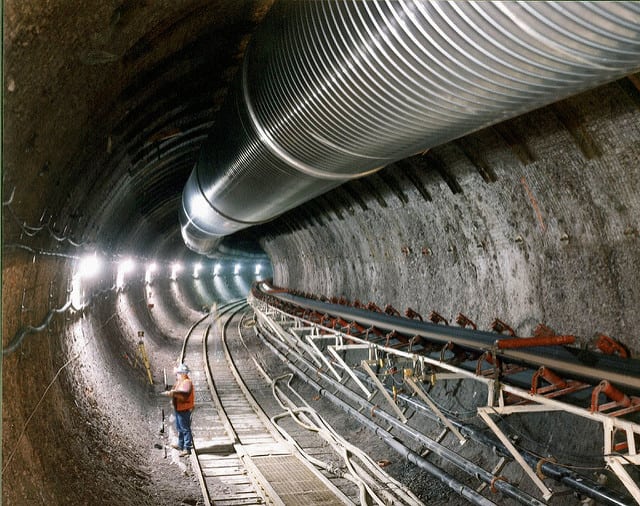
RadWaste Monitor Vol. 10 No. 22
Visit Archives | Return to Issue PDF
Visit Archives | Return to Issue PDF
RadWaste & Materials Monitor
Article 2 of 8
June 02, 2017
No: NRC Didn’t Resume Yucca Mountain License Hearings This Week

The Nuclear Regulatory Commission did not resume consideration of the Energy Department’s application to license Yucca Mountain as a permanent nuclear waste repository, despite media reports to the contrary sparked by a routine notice published in the federal…
Partner Content